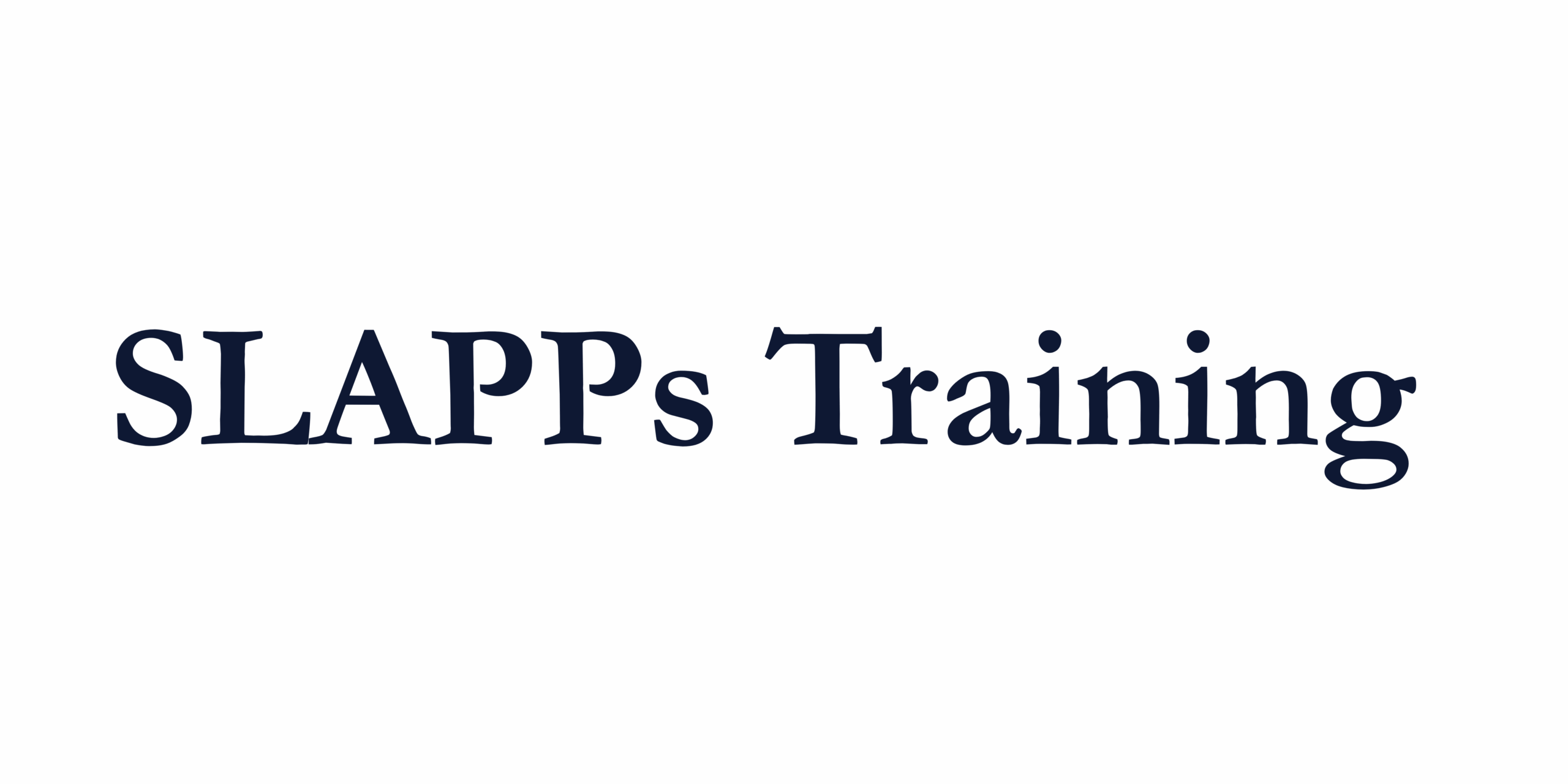Defining SLAPPs
When it comes to defining SLAPPs, there have been attempts by policymakers and researchers to do this. The beneath module explores the different definitions of SLAPPs and also provides some advice on how they are typically launched and how you can spot them.
A plain text version is available here.

What are SLAPPs?
This introductory module explains what SLAPPs are, why they are typically used and how to recognise them

Defining SLAPPs
Strategic Lawsuits against Public Participation, or SLAPPs, as they are more commonly known, have become a prominent issue in the last few years. An amendment to the Economic Crime and Corporate Transparency Act 2023 came into force which does set out when a claim is a SLAPP, but it only applies to cases concerning economic crimes.
Section 195(1) of the Economic Crime and Corporate Transparency Act 2023 is focused on the meaning of SLAPPs and states that a claim can be a SLAPP if:
(a) the claimant’s behaviour in relation to the matters complained of in the claim has, or is intended to have, the effect of restraining the defendant’s exercise of the right to freedom of speech,
(b) any of the information that is or would be disclosed by the exercise of that right has to do with economic crime,
(c) any part of the disclosure is or would be made for a purpose related to the public interest in comabiting economic crime, and
(d) any of the behaviour of the claimant in relation to the matters complained of in the claim is intended to cause the defendant-
(i) harassment, alarm or distress,
(ii) expense, or
(iii) any other harm or inconvenience, beyond that ordinarily encountered in the course of properly conducted litigation
Economic Crime and Corporate Transparency Act 2023
There have been numerous concerns raised with the amendment to the Act, including the fact that it focuses only on economic crimes and not public interest reporting as a whole. For more information on these concerns and the Act in general, visit the UK Anti-SLAPP Coalition’s website here.
Council of Europe
The Council of Europe has also adopted a Recommendation on countering the use of SLAPPs and they have provided the following definition of a SLAPP as:
‘…legal actions that are threatened, initiated or pursued as a means of harassing or intimidating their target, and which seek to prevent, inhibit, restrict or penalise free expression on matters of public interest and the exercise of rights associated with public participation’ (CM/Rec(2024)2).

What does a SLAPP look like?
A SLAPP might come in different forms. It could, potentially, be a letter from a solicitors’ firm, stating that a story should not be investigated or legal proceedings will be issued. Alternatively, it could also be a letter from a Public Relations (PR) or reputation management company stating that legal action will be taken if an individual has published, or is intending to publish, a certain story surrounding their client.
Why are SLAPP cases initiated?
The idea behind sending a letter like this is to get the person to drop their investigation. The intention is not to go to court, even though this has happened in some cases. The intention is to scare the individual into halting their investigation. For SLAPP instigators, the best possible outcome is no litigation, no formal proceedings, and no record of the ‘threat’ that has been made, which there would be if proceedings were issued.
Who are SLAPP cases typically brought against?
A ‘red flag’ for a SLAPP is the instigator or their lawyers typically going after a ‘soft target’. In some instances, this could be a smaller or independent publisher who may have published the same story as a larger well-resourced publisher, but the bigger publisher is not targeted because they have more resources available to fight a SLAPP. In some cases, the journalist rather than their employer may be targeted. We have seen this in numerous high-profile cases, many of which can be found in further detail on the UK Anti-SLAPP Coalition’s website, and also some examples where identities have been altered to protect individuals’ privacy on our website.
How are SLAPP cases typically brought?
Typically, SLAPP cases are brought by defamation claims, but they might also be brought via other avenues, such as claims that there has been a misuse of private information or breach of data protection. You can find out more about these areas of legislation alongside the defences available for them in the next module. Additionally, it might be that SLAPPs are also initiated from other jurisdictions.
How do you know if a case is a SLAPP?
It is important to say that not every case is deemed to be a SLAPP case. In some cases, there are merits for launching legal action if there is a genuine belief that someone’s character has been defamed or their privacy invaded. What is important is that, when conducting investigations, the public interest is continuously thought of alongside making sure that records are kept and are up-to-date and accurate. Index on Censorship has developed a tool to find out if you are facing a SLAPP. The ‘Am I facing a SLAPP?’ tool is a questionnaire designed to identify potential SLAPP tactics. The tool does not replace legal advice.
